As the nearshoring phenomenon grows so too does demand for goods such as manufacturing machinery, tools and heavy equipment.
The value of capital goods imported into Mexico in May exceeded US $5 billion for the first time in a single month.
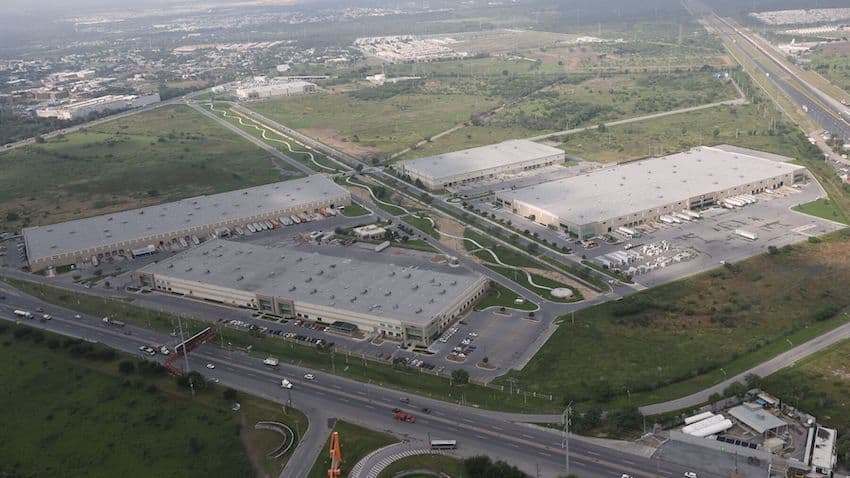
The national statistics agency INEGI published preliminary data on Tuesday that showed that imports of capital goods increased 24.1% in annual terms to just over $5 billion in May.
Imports of products in that category – which also includes electronic equipment, vehicles, renewable energy equipment and oil rigs – has now increased during 28 consecutive months. All but one of those 28 increases were double-digit ones, the newspaper El Economista reported.
INEGI’s data also shows that imports of capital goods rose 22.2% in the first five months of the year to $22.61 billion.
An increase in orders and shipments of capital goods to Mexico is a sign that companies based here expect demand for their products to grow, El Economista said.
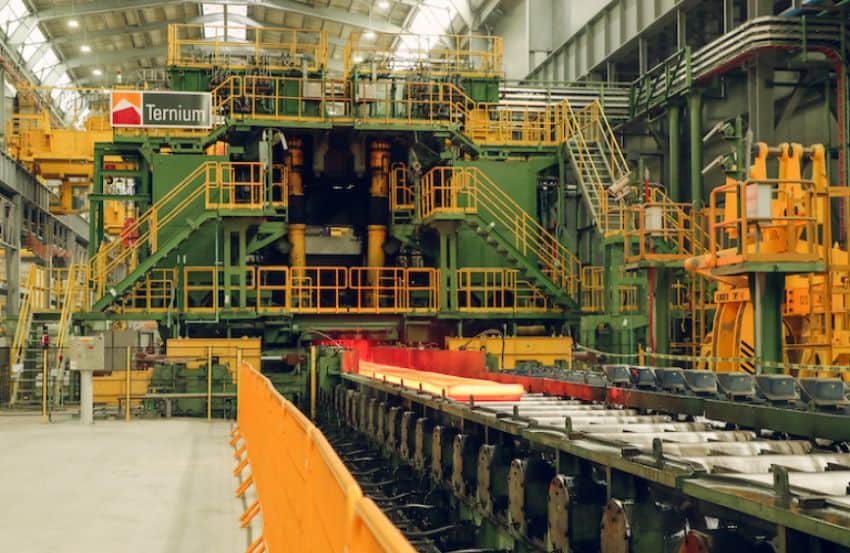
Increased demand for imported heavy equipment could be related to the construction of new manufacturing plants, especially in the Bajío region and northern border states such as Nuevo León, where electric vehicle manufacturer Tesla and steelmaker Ternium are among the companies currently undertaking or planning major projects.
Numerous foreign firms from countries including the United States, Germany, Italy, Spain, India and China have recently announced investment plans for Mexico.
Manufacturing, as INEGI’s latest export data shows, is a major contributor to the Mexican economy, which grew 3.1% last year and continues expanding in 2023.
Mexico’s total exports increased 5.8% in annual terms last month to reach $52.86 billion, while they rose 4.6% to $240.17 billion in the first five months of the year.
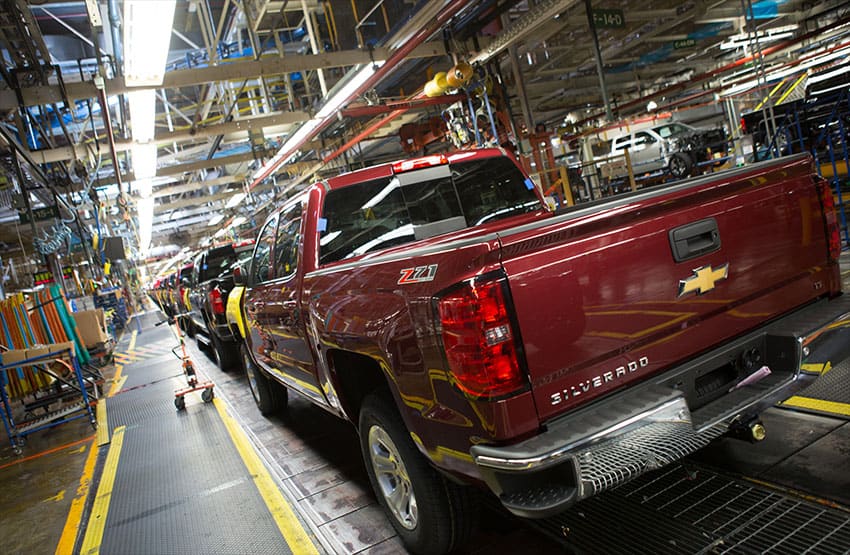
Manufacturing exports contributed to just under 90% of those totals, increasing 9.5% last month to $47.45 billion and 6.9% to $212.87 billion between May and June.
The increase in automotive exports was the driving force behind the strong results.
Automakers with plants in Mexico, including General Motors, Volkswagen, Toyota and Kia, and other auto-sector companies shipped vehicles and parts worth $17.52 billion abroad in May, a 26.3% increase compared to the same month of 2022. Automotive exports increased 15.2% in the first five months of the year to $73.57 billion.
Non-automotive manufacturing exports – a broad category that includes sectors such as aerospace, medical devices and electronics – rose by a much more modest 1.5% in May to $29.93 billion and 3% in the first five months of 2023 to $139.29 billion. Within that category, the value of exports of professional and scientific equipment increased by an impressive 26.8% in May.
Agricultural exports rose by 4.9% to $2.13 billion last month and 4.1% to $10.46 billion between January and May.
The only export categories that declined in May were oil and mining, which fell by 28.2% to $2.73 billion in the former case and 29.8% to $550.1 million in the latter.
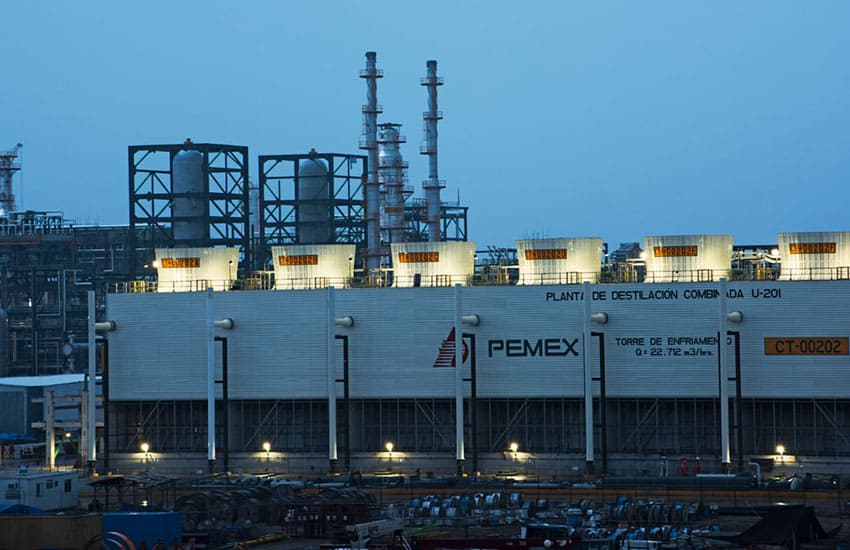
Exports of oil declined 22.1% in the January-May period, while the value of mining sector shipments was down 0.2%. Although more oil is being refined here as Mexico aims to reach self-sufficiency for fuel, the main reason for the drop in the value of exports is an annual decline in the per-barrel price for Mexican crude.
INEGI data also showed that 83.2% of Mexico’s non-oil export revenue in the first five months of the year came from shipments of goods to the United States, while the remaining 16.8% came from shipments to the rest of the world. Non-oil exports to the U.S. increased 8.3% in that period while those to other countries declined 0.8%.
While total exports increased 5.8% last month and 4.6% in the January-May period, they failed to catch up with the value of imports. Mexico’s trade deficit was $74.1 million in May and $6.38 billion in the first five months of the year. Those figures were 96.7% and 27.6% lower than the deficits recorded in May 2022 and the first five months of that year, respectively.
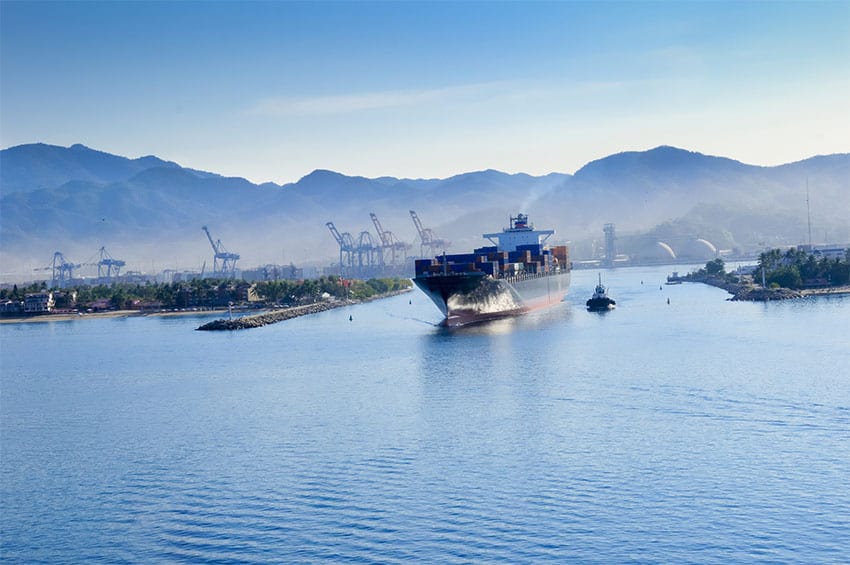
Total imports increased 1.4% to $52.93 billion last month even as oil imports fell by just over 40%. In addition to the annual increases in imports of capital goods last month and in the January-May period, the value of inbound shipments of non-oil consumer goods and non-oil intermediate goods also rose.
Imports of non-oil consumer goods, including food, clothes and homeware, increased 28.5% to $5.99 billion in May and 21.6% to $26.41 billion in the first five months of the year.
Imports of non-oil intermediate goods such as wood and glass rose 3.3% to $37.75 billion last month and 1.6% to $173.24 billion in the January-May period.
With reports from El Economista and El Financiero
